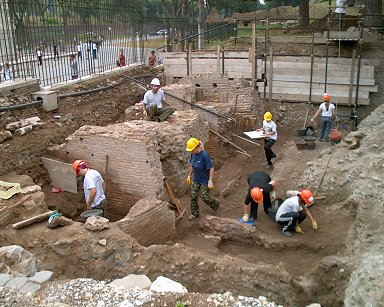
PENDING! So you are a first time home buyer and you’ve found the home of your dreams, you wrote a contract, now what? You can’t wait to move in, but there’s still some work to be done before you grab those keys, reserve your moving truck, and relax. There are three main categories that will need some attention: inspections, loan application, and personal preparation.
The first and most pressing thing to be done as soon as you get a house under contract is to begin to schedule any and all inspections that you’d like to have conducted on your future home. A typical contract has time parameters that allow for 10-14 days after ratification to have these inspections done (at the buyers’ expense), then have any written requests submitted to the sellers.
A real estate agent can help refer you to some reliable inspectors. The most common type is a home inspection, but you may also consider a chimney/flue inspection, mold inspection, structural engineer inspection, and any other specialty that you may have some concerns about. In some areas, sellers are responsible for termite and septic inspections. Now is the time to get a professional to examine the house and give you their opinion. It’s also your opportunity to reapproach the sellers and ask for them to either address safety/health concerns or to offer a discounted purchase price for the issues that need to be resolved after closing. Don’t be alarmed if they find some issues. Use all the information given to help you make the best educated decision possible so that you can move forward with complete confidence.
While working through inspections, you should be simultaneously working with a loan officer to get the loan application process started and progressing forward. It can be overwhelming how much a lender requests: bank statements for months, tax returns for years, pay stubs, long lost IRA account details, documentation of why cash has been deposited, etc. This happens at the initial application and then can happen all over again with even more detail once the loan goes off to underwriting. Be prepared for the week or two leading up to closing to receive several emails/phone calls requesting obscure forms. Most lenders make this process as painless as possible but don’t be alarmed if there’s a bit of a paperwork frenzy at the finish line.
From contract to closing, buyers also need to work on getting their own affairs in order. If you’re exiting a lease, your first step might be to fully communicate your intentions of departing the lease agreement. It’s also important to confirm if there are any special move-out requirements. Electric, water, trash, cable, phone, and other utilities need to either be activated or transferred over into new ownership. Some of these things can be handled immediately, but some may require scheduling. Give yourself a week or two prior to closing to make these phone calls and get things on the calendar. You may want to get a call back number in case the timing needs to be pushed back a tad due to a delayed closing. The most obvious preparation required is to pack and plan the logistics of the move, but one little tip is to pack a suitcase of all your potential immediate needs.
Once under contract, the hard work of finding a house may be over, but the work of creating your home is just beginning. Rely on the expertise and experience of those around you. A real estate professional can help guide you through all the potential pitfalls. A lender can assist in answering all of your financing/purchasing concerns. Family members and friends can share their tips and personal experience to make it a smooth transition (and also lend some much-needed muscle power come move-in day!).
Feel free to comment below with any other helpful tips and tricks for the few weeks leading up to closing. For more homebuying tips for a first time home buyer, visit the Homes.com Idea Gallery’s Home Buying section.

















